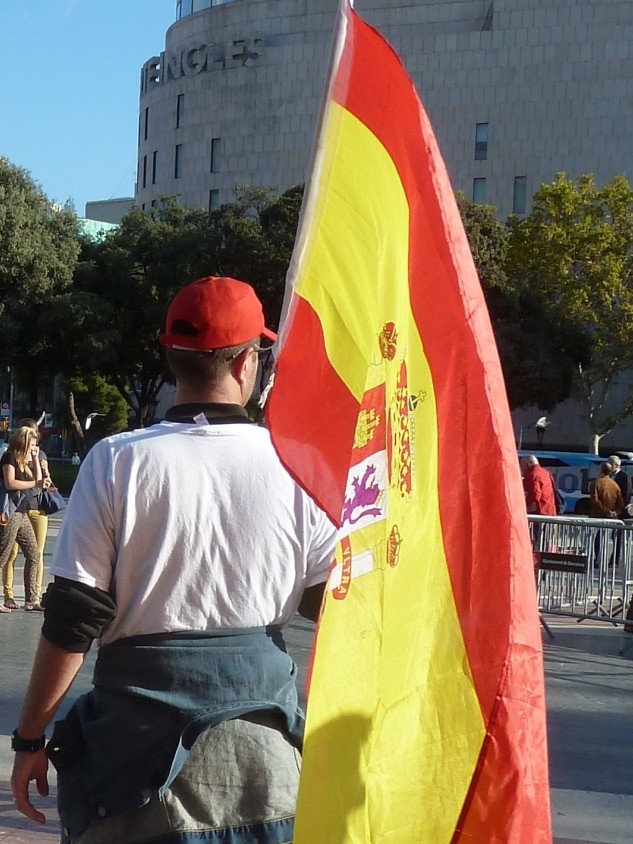6th December: Constitution Day
As fortunately I have no lessons on Friday, the Spanish Constitution Day, celebrated every year on the 6th of December, might have gone by without affecting me very much. As a matter of fact, I thought it was worth spending a few time meditating on this peculiar holiday, which did not meant to me any free days extra but brought to me some interesting considerations.

At first blush, it seemed to me that a similar celebration could be little more than an excuse to create a long-weekend, or even better a short holiday (on the 8th of December Spain celebrates the Christian feast of the Immaculate Conception) as a pleasant preview of the approaching Christmas holidays. After all, very few countries celebrate with a special holiday the day in which their constitution was adopted: in Italy, for example, such festivity does not exist, while in the United States of America it was instituted only in 2004. Further meditation, though, led me to the conclusion that this day has a much deeper meaning, or at least much more significant was the intention of those who created this solemnity.
A quick research, indeed, will reveal that the Spanish Constitution was signed on the 6th of December of 1978. Those who know something about the story of Spain will soon guess that the date is undoubtedly significant. However, the first article of the very Constitution can tell us more about it: "España se constituye en un estado social y democràtico de Derecho, que propugna como valores superiores de su ordenamiento jurìdico la libertad, la justicia, la igualdad y el pluralismo polìtico" - "Spain establish itself as a social and democratic juridical state, which pursue freedom, justice, equality and political pluralism as the superior values of its political legislation".
Notice the incipit "Spain establish itself": this three world, apparently quite insignificant, actually meant the end of an era and the beginning of a new life for a country which on that 6th of December officially put an end to a gloomy period which had lasted for almost four decades. The dictatorship of general Francisco Franco, with all the bans, tortures, and censorships which it had implied, had come to an end in 1975, with the death of the dictator. During the following three years, the country slowly and hardly prepared itself for a new phase. A phase which officially began on that 6th of December of 1978, when the large majority of the Spanish population (88% of the voters) ratified the project of Constitution prepared by 7 Padres de la Constituciòn (Father of the Constitution). The electoral turnout was also quite significant (67%), and the referendum marked therefore the beginning of the new and democratic Spanish country.
Quite an important day for the history of Spain, then. Nowadays, with all likelihood, its value is merely symbolical, and sometimes reduced to a good occasion for family reunions or for the first ski-day of the year. However, it is important that Spanish people (and, why not, all Europeans as well) keep well in mind the significance of celebrating the 6th of December.
Photo gallery
Want to have your own Erasmus blog?
If you are experiencing living abroad, you're an avid traveller or want to promote the city where you live... create your own blog and share your adventures!
I want to create my Erasmus blog! →




Comments (0 comments)